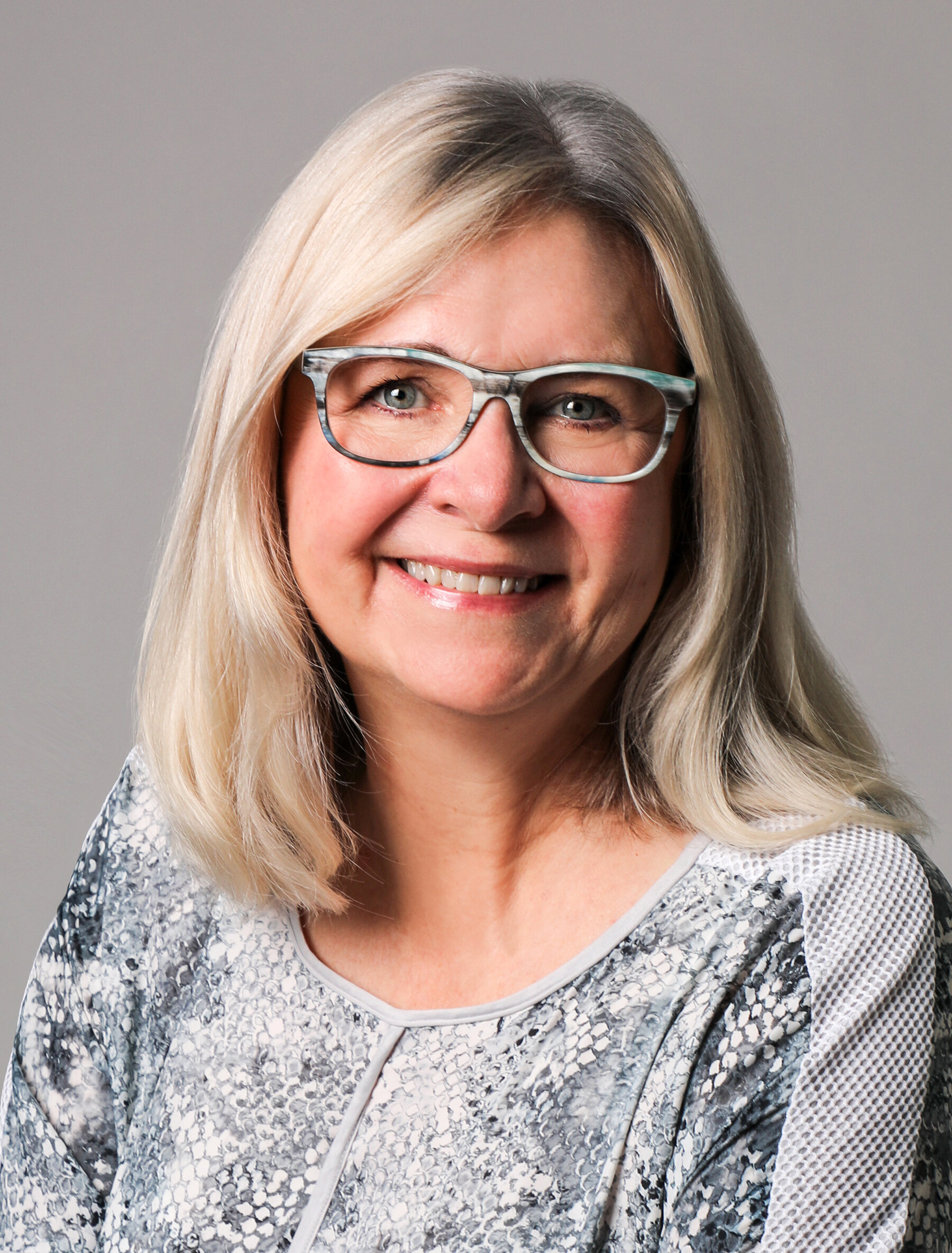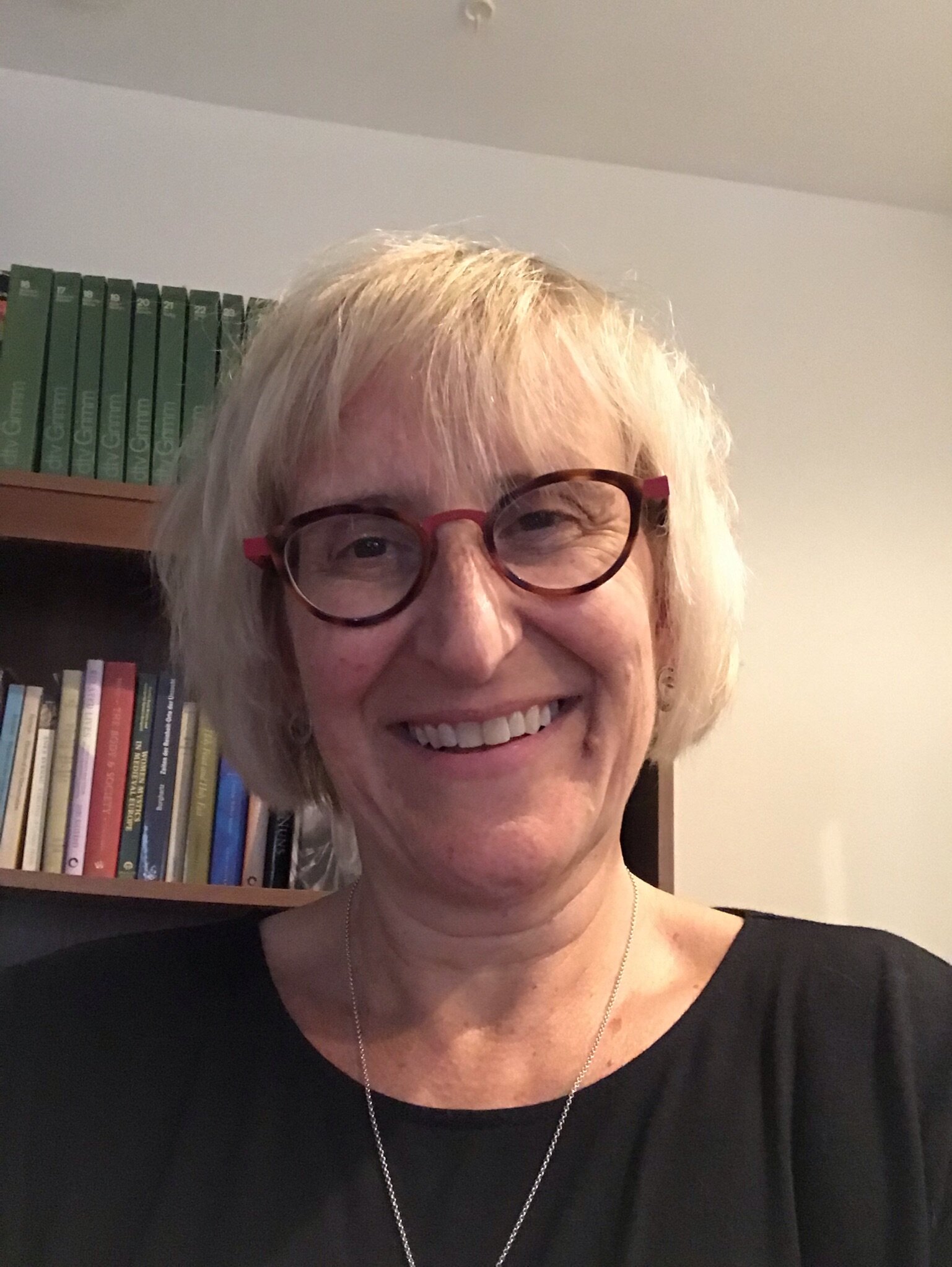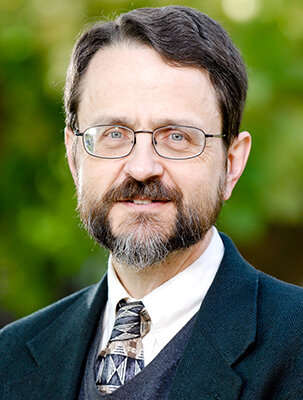2022 Colloquium: "Calvin, Women, and GENDER"
31 March - 2 April 2022
WHEATON College
How did the Reformation alter the position and role of early modern women in their families, in the church, and in society? If the historiography is any indication, the answer to that question is complex and continues to demand consideration and further academic reflection. To that end, the Calvin Studies Society will explore the topic of John Calvin and women with consideration of early modern concepts, dynamics, and practices pertaining to gender. During a period unsettled by the doctrinal affirmation that women could be made in the image of God, what was the experience of early modern women in their contexts? How were women treated by Geneva’s Consistory and social welfare systems? What commitments did women fulfill in their families and in the life of worship? What were Calvin’s views of sex, and how did he interact with his female contemporaries? The CSS colloquium is designed to promote theological and historical engagement with the thought, life, and times of John Calvin, the broader developments of the Protestant Reformation, and Reformed Traditions in particular.
Join us at Wheaton College as we explore this important topic together!
A downloadable, a full-color copy of the Colloquium poster for your department, organization, or church can be downloaded here as a JPG (low or high resolution) or a PDF (low or high resolution).
The Calvin Studies Society especially welcomes graduate students and young scholars to the Colloquium. Current (ABD) and recent doctoral students are invited to submit paper abstracts for a graduate student panel on Friday afternoon of the Calvin Studies Colloquium (click HERE to download a printable CFP). If you are interested in participating as a graduate student, please submit the form HERE.
COLLOQUIUM Details:
Register here!
Standard registration: $120
Graduate student: $35
Partner/spouse: $40
Single day: $40
Accommodations:
Book a room at the Crowne Plaza Lombard-Downers Grove by one of the following methods:
(A) Book directly on the Crowne Plaza website.
(B) Call the hotel at 630-629-6000 and give them the 3 letter Group Code (CSS).
*Colloquium rooms are held until 2 March 2022. Check-in at 3:00pm; check-out at 12:00pm noon.
Meal Options:
You can enjoy lunches and dinners at Wheaton’s dining hall, Anderson Commons (referred to as “SAGA”) at the top of the Beamer Center. Alternately you may eat at “The Stupe,” located at the bottom of the Beamer Center, where one can order hamburgers, hot dogs, chicken burgers, etc.
Directions:
The Colloquium meetings will occur in the Wilson Suite (4th floor of Billy Graham Hall, located on College Avenue - click HERE for a downloadable map). HERE is a Google map to Wheaton College’s campus.
Parking:
We recommend that participants park in the Billy Graham Hall east parking lot. Public Safety will be informed of this event to avoid ticketing.
Transportation:
There will be a scheduled shuttle service from the hotel to Wheaton College campus in the morning and a return trip in the evening (more details will be available at the Colloquium).
2022 Colloquium Schedule
(a more detailed schedule will be provided to attendees upon arrival)
* All sessions will be held in the Wilson Suite, 4th floor of Billy Graham Hall located on College Avenue. Coffee breaks will be held on the 5th floor lounge of the School of Biblical and Theological Studies, and the banquet will be held in the Billy Graham Museum Rotunda.
Thursday, 31 March 2022
9:30 AM Shuttle: Wheaton College Shuttle Bus pickup at hotel (Board Members),
transport to college
10 – 11 AM Calvin Studies Society Board Meeting
11 AM – 1 PM Arrivals and Registration, Lunch at Anderson Commons
11:00 AM Shuttle: Wheaton College Shuttle Bus pickup at hotel (Registrants),
transport to college
1:00 – 1:30 PM Welcome
1:30 – 2:45 PM Session 1: Dr. Karen E. Spierling, “A Woman’s Place is in the Consistory Records”
➢ Chair: Dr. Jennifer Powell McNutt
Session Sponsor: Wheaton College
3:00 – 4:15 PM Session 2: Dr. Karin Maag, “At the intersection of worship and pastoral care
for individuals and families: home visits to the sick and dying”
➢ Chair: Dr. Yudha Thianto
Session Sponsor: H. Henry Meeter Center
4:15 - 4:45 PM Coffee Break
4:45 – 6:00 PM Session 3: Dr. Monica Schaap Pierce, “Marie Dentière: Faithful Interpreter
of Calvin or Radical Innovator?”
➢ Chair: Dr. Ken Sawyer
Session Sponsor: McCormick Theological Seminary
6:15 PM Wheaton College Shuttle Bus pickup at Billy Graham Hall,
available drop off at Hale St. for dinner or at hotel
Friday, 1 April 2022
8:00 AM Shuttle: Wheaton College Shuttle Bus pickup at hotel, transport to college
8:30 – 9:45 AM Session 4: Dr. Rebecca Giselbrecht, “Image Bearing Women at the
Margins of Calvin’s Social Order”
➢ Chair: Dr. Ken Woo
Session Sponsor: Western Theological Seminary
9:45 – 10:15 AM Coffee Break
10:30 – 11:45 AM Session 5: Dr. Jill Fehleison, “Wives and Caregivers: The Blended Families
of the Reformation”
➢ Chair: Dr. G. Sujin Pak
Session Sponsor: InterVarsity Press Academic
12:00 PM Lunch
1:30 – 2:45 PM Session 6: Dr. Jesse Spohnholz, “Family Life in Sixteenth-Century Dutch
Calvinist Refugee Communities”
➢ Chair: Dr. David Escobar Arcay
Session Sponsor: Western Theological Seminary
3 – 5:00 PM Coffee and Conversation (BGH 5th floor lounge)
St. John’s Bible viewing (Blanchard, 3rd floor lobby)
Archives & Special Collections, Rare Book viewing and orientation
by Katherine Graber (BGH 3rd floor)
5 – 6:15 PM Session 7: Dr. Amy E. Leonard, “Calvin and Sex”
➢ Chair: Dr. Barbara Pitkin
Session Sponsor: Calvin Theological Seminary
6:15 – 6:45 PM Calvin Studies Society Business Meeting
➢ Chair: Dr. Yudha Thianto, President of CSS (Trinity Christian College)
7 – 8:30 PM Colloquium Banquet Dinner: In Honor of Elsie Anne McKee’s Retirement,
sponsored by Wheaton College (Billy Graham Museum Rotunda)
8:30 PM Wheaton College Shuttle Bus pickup at Billy Graham Hall,
available drop off at Hale St. for dinner or at hotel
Saturday, 2 April 2022
8:00 AM Shuttle: Wheaton College Shuttle Bus pickup at hotel, transport to college
8:30 – 9:45 AM Session 8: Current Dissertation Research
(A.) Allison Brown (Baylor University), “Moderation and Masculinity in the
Political Writings of Calvin”
(B.) Jean Gomes (Calvin University), “John Calvin’s Use of Augustine on Sexuality”
(C.) Dustyn Keepers (Wheaton College), “Calvin on the Body of Christ:
A Feminist Retrieval”
(D.) Kyung Phil Kim (Calvin University), “Principia Naturalia or Semen Religionis?
The Formation of the Reformed Understanding of the Innate
Knowledge of God up to Early Orthodoxy”
➢ Chair: Dr. Yudha Thianto (Trinity Christian College)
Session Sponsor: Calvin Theological Seminary
10 – 11:15 AM Session 9: Roundtable: “Historiography and Trajectory: Calvin, Women, and Gender”
➢ Roundtable with Dr. Elsie McKee, Dr. G. Sujin Pak, Dr. John Thompson,
and Dr. Susan Dunn-Hensley
➢ Chair: Dr. Elsie McKee
Session sponsor: InterVarsity Press Academic
11:15 AM Closing
presenters
Susan Dunn-Hensley (Wheaton COLLEGE)
Dr. Susan Dunn-Hensley is a visiting assistant professor at Wheaton College (Illinois) where she teaches courses on early modern drama, John Donne, western literature, global literature, and writing. She is author of Anna of Denmark and Henrietta Maria: Virgins, Witches, and Catholic Queens. (Palgrave MacMillan, 2017). She publishes on queenship and on pilgrimage. Examples of this research include her most recent articles “Queenship and Sexual Violence: Henry VIII and the “Bewhoring” of the Petrarchan Beloved” in Explorations in Renaissance Culture (2020) and "Virtual Pilgrimage in a Time of Pandemic: Lessons from the Shrine of Our Lady of Walsingham" in The International Journal of Religious Tourism and Pilgrimage (2020). She is currently working on a book project exploring the impact of the English Reformation on literary representations of female power / queenship in the early modern period.
Jill Fehleison (Quinnipiac University)
Dr. Jill Fehleison is Professor of History and Interdisciplinary Studies at Quinnipiac University. Her publications include the monograph, Boundaries of Faith: Catholics and Protestants in the Diocese of Geneva (Truman State, 2010), and numerous articles and book chapters that explore Catholic/Protestant relations in the late Reformation in the city of Geneva, the region of Savoy, and Scotland. The current focus of her research includes voices of religious tolerance in the sixteenth century, the forgotten caregivers of the Reformation, and teaching the Reformation through creative pedagogy. In addition, she co-author of a Reacting to the Past game about peace negotiations during the French Wars of Religion with Amanda Eurich.
Rebecca Giselbrecht (University of Bern)
Rev. Dr. Rebecca Giselbrecht is Affiliate Assistant Professor of Church History and Spirituality at Fuller Seminary and pastor of an Evangelical Reformed Church (Canton Zurich, Switzerland). She currently writing a habilitation at the University of Bern (Switzerland) on women in 16. Century Alsace. Her books include Hör nicht auf zu singen: Zeuginnen der Schweizer Reformation, TVZ and Sacrality and Materiality: Locating Intersections (V&R, 2015). She has contributed numerous chapters and articles to edited volumes on sixteenth-century Reformers, their theological contributions and struggles during the Swiss, French, and English Reformations; biographies and the spirituality of early modern women, Reformers and women, the Virgin Mary and other biblical women in the Reformed tradition.
AMY E. LEONARD (GEORGETOWN University)
Dr. Amy E. Leonard is Associate Professor and Director of Undergraduate Studies in the History Department at Georgetown University. Her research focuses on women, gender, and sexuality in Reformation Germany. Her main publications include Nails in the Wall: Catholic Nuns in Reformation Germany (Chicago UP, 2005); with Karen Nelson, eds, Masculinities, Childhood, Violence (University of Delaware Press, 2010); with David M. Whitford, eds., Embodiment, Identity, and Gender in the Early Modern Age (New York: Routledge, 2021), as well as various articles on the Reformation and Catholic nuns, gender and early education in Germany, and Luther and women. She is currently working on a book-length project tentatively titled The Reformation of Virginity: Views of Female Sexuality in Reformation Europe.
KARIN MAAG (CALVIN UNIVERSITY)
Dr. Karin Maag is the Director of the H. Henry Meeter Center for Calvin Studies at Calvin University and Calvin Theological Seminary, and a history professor at Calvin University. Her works include Lifting Hearts to the Lord: Worship with John Calvin in Sixteenth-Century Geneva (Eerdmans, 2016), Does the Reformation Still Matter? (Calvin Press, 2016), and most recently Worshiping with the Reformers (IVP Academic, 2021). She is also the editor of the Calvin Theological Journal.
ELSIE Mckee (Emerita, Princeton Theological Seminary)
Dr. Elsie Anne McKee is emerita Professor of Reformation Studies and the History of Worship at Princeton Theological Seminary. Most of her academic research has focused on the 16th c. Reformation, particularly books on John Calvin and a woman reformer, Katharina Schütz Zell. She is probably best known for her trilogy on Calvin’s doctrine of the ministries and worship of the church: John Calvin on the Diaconate and Liturgical Almsgiving (Droz, 1984), Elders and the Plural Ministry (Droz, 1988), and The Pastoral Ministry and Worship in Calvin’s Geneva (Droz, 2016). The two volume set Katharina Schütz Zell: The Life and Thought of a Sixteenth Century Reformer, and The Writings: A Critical Edition (both Brill, 1999), give attention to one of the most vivid and articulate women of the early Reformed tradition. She has published books of translations of both Calvin (Writings on Pastoral Piety, Paulist, 2001; Institutes 1541, Erdmans, 2009) and Schütz Zell (Church Mother, Univ. of Chicago, 2006). McKee’s teaching includes special interest in worship, Biblical exegesis and ethics, and gender and cross-cultural issues.
G. Sujin Pak (Boston University)
Dr. G. Sujin Pak is dean of Boston University’s School of Theology and professor of the history of Christianity. Her teaching and research focus on the Protestant reformations, intellectual history of the early modern period, and the history of biblical interpretation. She has taught courses on the history of Christianity, the Protestant reformers (particularly Calvin and Luther), women and the reformation, history of Christian-Jewish relations, the history of biblical interpretation, and medieval female mystics. Pak is the author of The Judaizing Calvin: Sixteenth-Century Debates on the Messianic Psalms (Oxford University Press, 2010) and The Reformation of Prophecy: Early Modern Interpretations of the Prophet and Old Testament Prophet (Oxford University Press, 2018), as well as several articles appearing in journals such as Church History, Renaissance & Reformation Review, Religions, and Calvin Theological Journal.
Monica Schaap Pierce (Calvin University)
Dr. Monica Schaap Pierce is adjunct professor in the Department of Religion at Calvin University (Grand Rapids, MI). She received her Ph.D. in Systematic Theology from Fordham University (NYC) in 2018, where she wrote a dissertation on Calvin, the Holy Spirit, and ecological theology. Understanding theology as a discipline in service to the church, Monica teaches and preaches regularly in various churches and represents the Reformed Church in America in national and international ecumenical settings, including the U.S. Roman Catholic-Reformed dialogue. She is currently writing a book on feminist theology, with most of the writing accomplished after her three comical and energetic children (aged 3, 5, and 9) and husband are asleep.
Karen E. Spierling (Denison University)
Dr. Karen E. Spierling is Professor of History, Director of the Global Commerce Program, and Inaugural John and Heath Faraci Endowed Professor at Denison University in Granville, OH, and a former President of the Calvin Studies Society. Her research focuses on how people across society negotiated and navigated the Reformation in Geneva and beyond. She is the author of Infant Baptism in Reformation Geneva: The Shaping of a Community, 1536-1564 and the editor of Defining Community in Early Modern Europe (with Michael Halvorson); Calvin and the Book: The Evolution of the Printed Word in Reformed Protestantism (essays from the 2013 CSS meeting); and Emancipating Calvin: Culture and Confessional Identity in Francophone Reformed Communities (with R. Ward Holder and Erik A. de Boer). Her most recent essays include “Calvin’s Geneva: An Imperfect “School of Christ,” in Bruce Gordon and Carl R. Trueman, eds., The Oxford Handbook to Calvinism; and “‘One Must Speak the Truth Rather than Staying Silent’: Women, Scandal, and the Genevan Consistory,” in Elizabeth Plummer and Victoria Christman, eds, Cultural Transfer and Ritual in Reformation Europe: Essays in Honor of Susan C. Karant-Nunn.
Jesse Spohnholz (Washington State University)
Dr. Jesse Spohnholz is a multiple-award winning author and Professor of History at Washington State University. His research focuses on social practices of toleration in Reformation-era Germany and the Netherlands, the experiences of religious refugees during Europe’s Age of Religious Wars, and historical memory of the Reformation. His most recent book is Ruptured Lives: Refugee Crises in Historical Perspective (Oxford University Press, 2020). He is currently completing a book, co-written with Mirjam van Veen, professor of church history at the Vrije Universiteit Amsterdam, which explores the experiences of sixteenth-century Dutch Reformed refugees in Germany.
John L. Thompson (Fuller Theological Seminary)
Dr. John L. Thompson is Senior Professor of Historical Theology and Gaylen and Susan Byker Professor Emeritus of Reformed Theology at Fuller Theological Seminary, where he has taught since 1989. His research and writing interests address exegetical history and gender issues, as well as the question of how the history of interpretation can serve as a resource for the proclamation of the gospel. Among his many essays and reviews, he has contributed to A Companion to Paul in the Reformation and The Cambridge Companion to John Calvin, and has written popular essays for Sacred History magazine and Modern Reformation. His study of the “texts of terror” in the history of exegesis appeared asWriting the Wrongs: Women of the Old Testament among Biblical Commentators from Philo through the Reformation in 2001, and he continued this line of inquiry in a more popular vein in Reading the Bible with the Dead: What You Can Learn from the History of Exegesis That You Can’t Learn from Exegesis Alone (2007). He translated and edited the initial volume of The Reformation Commentary on Scripture (InterVarsity Press), on Genesis 1–11. Most recently, he has contributed an essay to Christianity and the Laws of Conscience: An Introduction (Cambridge University Press, 2021) that reflects his ongoing interest in the interface between conscience and biblical exegesis. His current focus, however, is on the private poetry of Anna Maria van Schurman, for which he is co-editing a critical edition with Albert Gootjes.
SPONSORS
The Calvin Studies Society gratefully acknowledges the generosity of the following sponsors who have helped make the 2022 Colloquium possible: Calvin Theological Seminary, IVP Academic, Western Theological Seminary, McCormick Theological Seminary, and the Meeter Center.
















